If you've ever taken a bite of a spicy taco or savored the rich aroma of a curry simmering on the stove, you’ve probably tasted organic cumin seeds. But what makes these tiny brown seeds so special? Whether you're a culinary newbie or a seasoned pro, this guide will walk you through why organic cumin seeds deserve a permanent spot in your spice rack—and how to make the most of them.
Table of Contents
- Introduction: What Are Organic Cumin Seeds?
- Why You Should Care About Organic Cumin Seeds
- Buying Guide: How to Choose the Best Organic Cumin Seeds
- Creative Ways to Use Organic Cumin Seeds in Your Kitchen
- Storage Tips to Keep Your Cumin Fresh Longer
- Organic vs. Non-Organic: What's the Real Difference?
- FAQs: Everything Else You Want to Know
- Conclusion: Embrace the Earthy Magic of Organic Cumin Seeds
Introduction: What Are Organic Cumin Seeds?
Cumin seeds come from the Cuminum cyminum plant, a member of the parsley family native to the Middle East and India. Organic cumin seeds are grown without synthetic pesticides, herbicides, or fertilizers, making them a clean, pure ingredient that’s perfect for health-conscious cooks and food lovers alike.
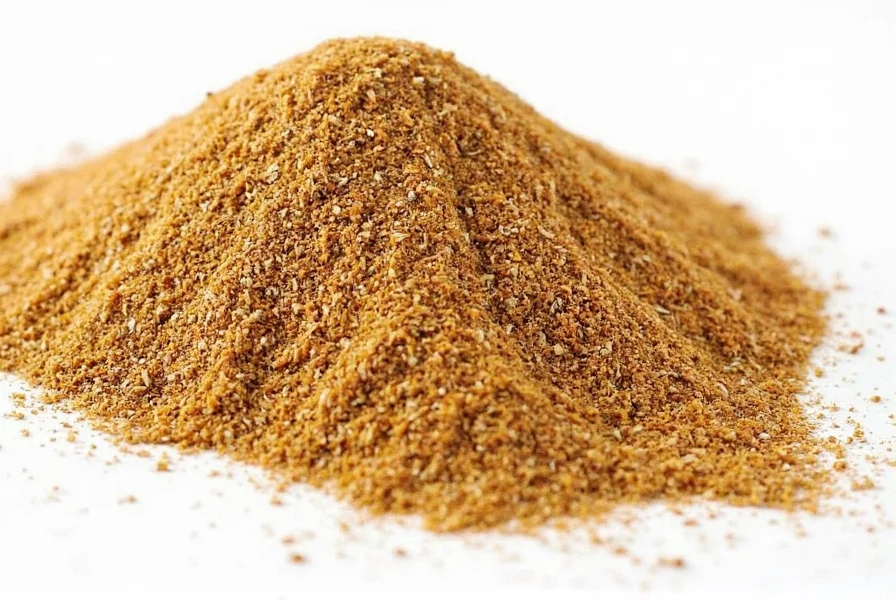
Unlike their ground counterpart, whole cumin seeds offer a more intense flavor and can be toasted or crushed to release their earthy, nutty, slightly peppery notes.
Why You Should Care About Organic Cumin Seeds
- Natural Flavor Boost: A little goes a long way with cumin. Toasted organic cumin adds depth and warmth to almost any savory dish.
- Digestive Health: Cumin has been used in traditional medicine for centuries to aid digestion and relieve bloating.
- Antioxidant Powerhouse: Rich in antioxidants, organic cumin seeds help fight inflammation and support overall wellness.
- Pesticide-Free Goodness: Choosing organic ensures you’re not ingesting harmful chemicals commonly found in non-organic spices.
- Supports Sustainable Farming: Buying organic supports farming practices that protect soil health and biodiversity.
Buying Guide: How to Choose the Best Organic Cumin Seeds
Not all organic cumin seeds are created equal. Here’s what to look for when shopping:
| Feature | Description |
|---|---|
| Origin | India, Iran, and Morocco produce some of the best quality cumin. Look for origin information on packaging. |
| Whole vs. Ground | For maximum freshness and versatility, go for whole seeds. Grind as needed for richer flavor. |
| Organic Certification | Ensure the product is certified by reputable agencies like USDA Organic or EU Organic. |
| Packaging | Airtight containers or vacuum-sealed bags keep cumin fresher longer. Avoid bulk bins if possible. |
| Smell Test | Fresh organic cumin should have a warm, earthy aroma. If it smells stale or dusty, pass it by. |
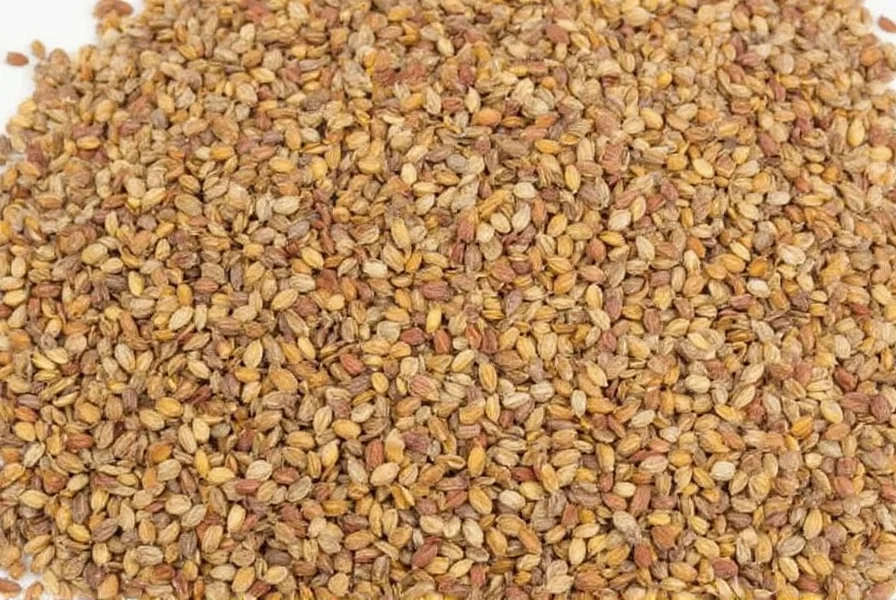
Top 5 Recommended Brands of Organic Cumin Seeds
| Brand | Origin | Features | Best For |
|---|---|---|---|
| Frontier Co-op | India | USDA Organic, Non-GMO, Fair Trade | Home cooks who value ethics and quality |
| SunOpta | Mexico | Vegan, Gluten-Free, Kosher Certified | Health-focused consumers |
| Simply Organic | India | Carbon-neutral packaging, easy grind jar | Eco-friendly kitchens |
| McCormick Organics | Global | Consistent flavor, widely available | Convenience seekers |
| Spice Garden Organics | Morocco | Hand-harvested, premium grade | Chefs and gourmet cooking enthusiasts |
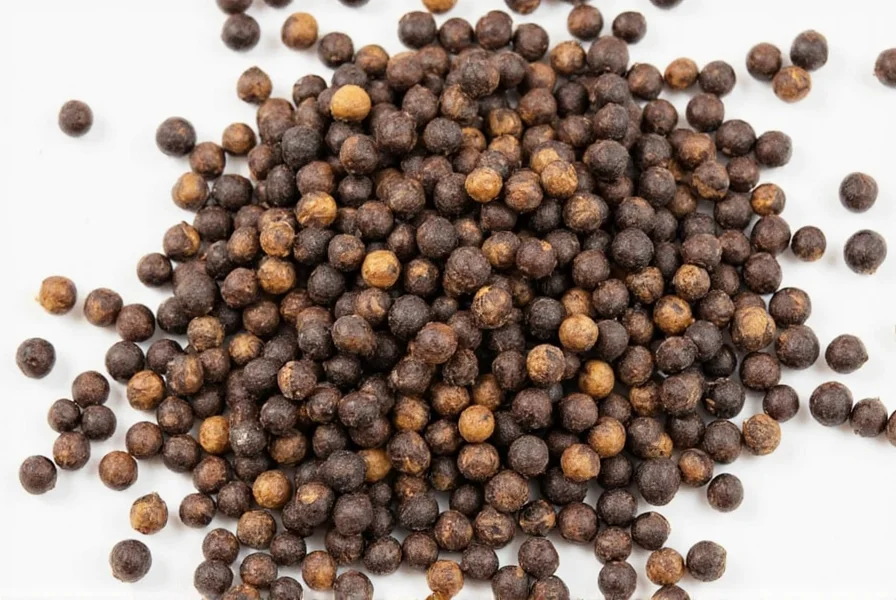
Creative Ways to Use Organic Cumin Seeds in Your Kitchen
Forget about just using cumin in curries and tacos. These recipes and ideas will take your cumin game to the next level:
- Toast It First: Dry roast cumin seeds in a pan for 1–2 minutes until fragrant. This unlocks deeper flavor and aroma.
- Make Your Own Spice Blend: Combine toasted cumin with coriander, smoked paprika, and chili powder for a custom taco seasoning.
- Add to Roasted Veggies: Toss carrots or cauliflower with olive oil and a pinch of cumin before roasting for a warm, aromatic side dish.
- Enhance Soups & Stews: Add a teaspoon of crushed cumin to lentil soup or chickpea stew for an instant flavor lift.
- Bake with Cumin: Surprise your taste buds with cumin-spiced bread, naan, or even chocolate cookies!
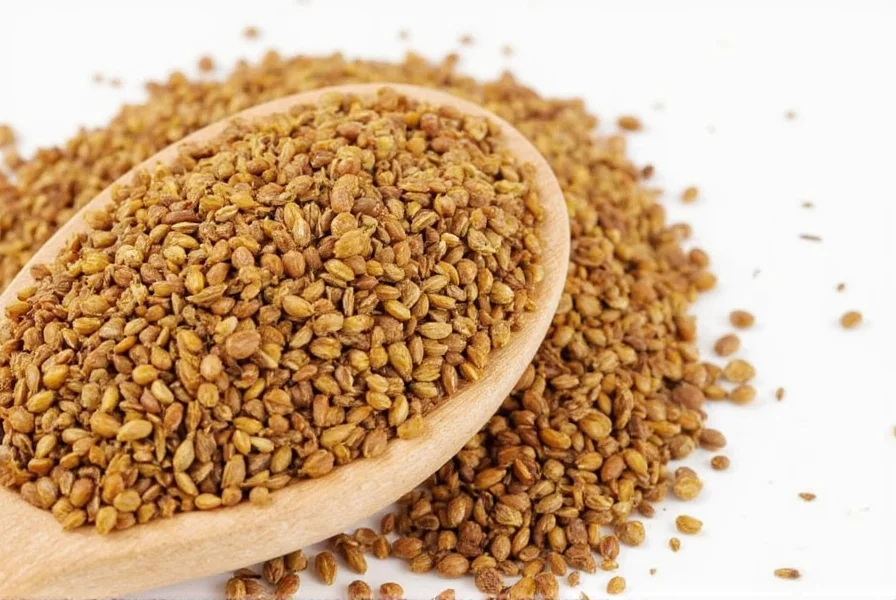
Storage Tips to Keep Your Cumin Fresh Longer
Organic cumin seeds are shelf-stable, but proper storage can preserve their potency for years. Here’s how to do it right:
- Air-Tight Container: Store in a glass jar with a tight lid to prevent moisture and air exposure.
- Cool & Dark Place: Keep away from heat sources and sunlight—your pantry or spice drawer is perfect.
- Avoid Moisture: Never use a wet spoon to scoop out cumin seeds. Moisture leads to clumping and spoilage.
- Check for Freshness: If your cumin doesn’t smell strong after a year, it might be time for a fresh batch.
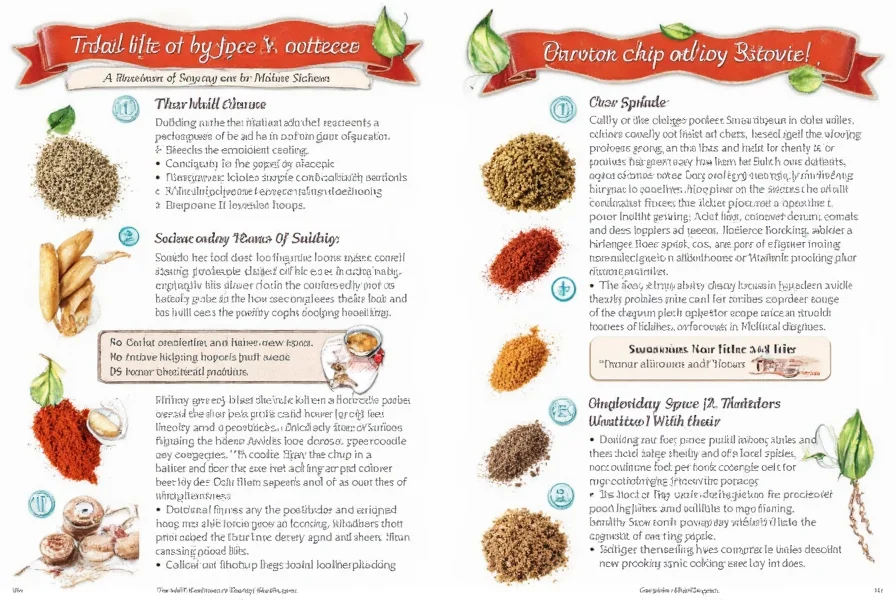
Organic vs. Non-Organic: What's the Real Difference?
You might wonder—is it really worth paying more for organic cumin seeds? Let’s break it down:
| Aspect | Organic Cumin | Non-Organic Cumin |
|---|---|---|
| Chemicals | Grown without synthetic pesticides or fertilizers | May contain pesticide residues |
| Flavor | Often more robust and complex due to natural growing conditions | Can be muted or less aromatic |
| Health Impact | Free from harmful chemical additives | Potential for trace toxins |
| Environmental Impact | Promotes sustainable agriculture | Likely uses resource-intensive farming methods |
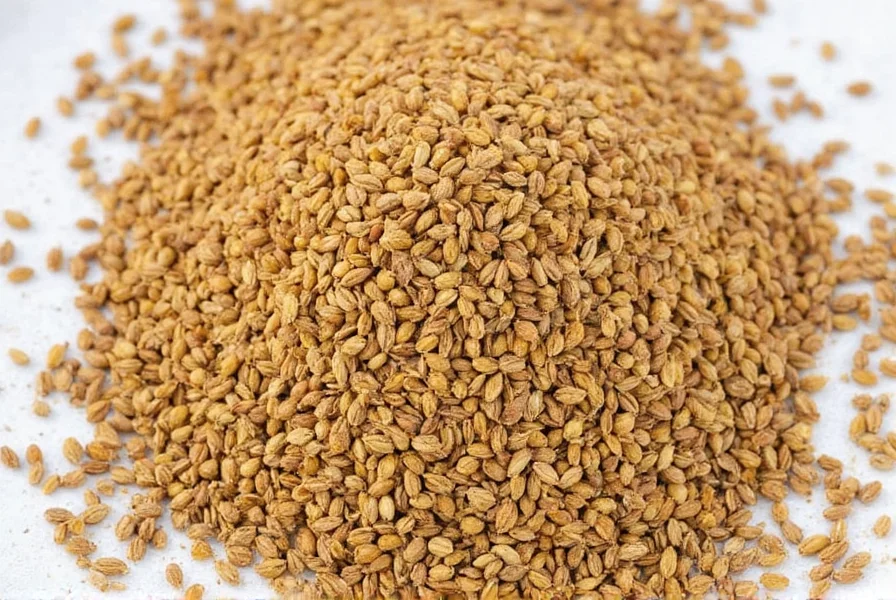
FAQs: Everything Else You Want to Know
Is organic cumin better than regular cumin?
Yes! Organic cumin avoids synthetic chemicals and often retains more natural flavor and nutrients compared to conventionally grown cumin.
What does cumin taste like?
Cumin has a warm, earthy, nutty flavor with hints of citrus and pepper. When toasted, its aroma becomes more pronounced and aromatic.
Can I substitute cumin with another spice?
In a pinch, caraway or ground coriander can mimic cumin’s flavor, though it won’t be identical. Try blending spices to replicate the unique profile.
How much cumin should I use per serving?
Start with 1/4 teaspoon of ground cumin or 1/2 teaspoon of whole seeds per serving. Adjust to taste, especially when learning how it plays with other ingredients.
Are there any allergies associated with cumin?
Rare, but some people may develop allergic reactions to cumin, including itching, hives, or digestive discomfort. Discontinue use if symptoms occur.
Conclusion: Embrace the Earthy Magic of Organic Cumin Seeds
From boosting flavor to supporting your health, organic cumin seeds are more than just a spice—they’re a lifestyle choice. Whether you’re spicing up a weeknight stir-fry or grinding your own masala, going organic ensures you get the purest form of this ancient ingredient.
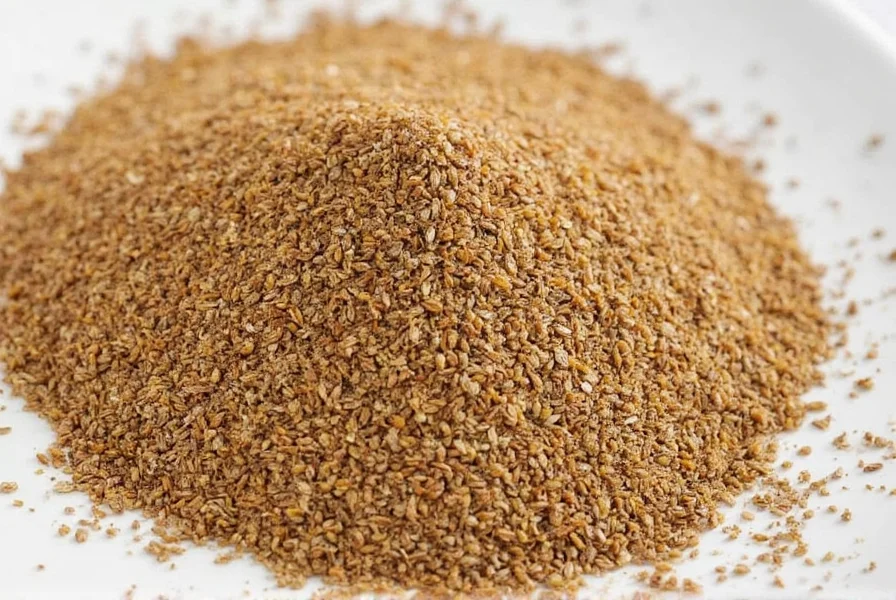
So next time you reach for that bottle of cumin, remember: you’re holding a treasure trove of flavor, history, and nutrition in your hands. Make it count—and make it organic.

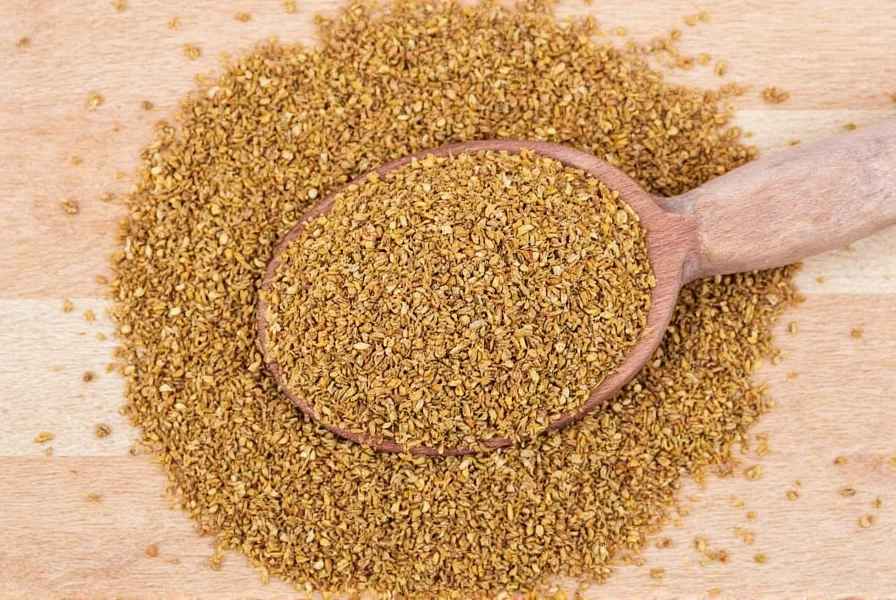









 浙公网安备
33010002000092号
浙公网安备
33010002000092号 浙B2-20120091-4
浙B2-20120091-4